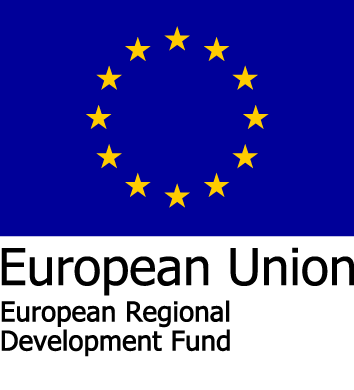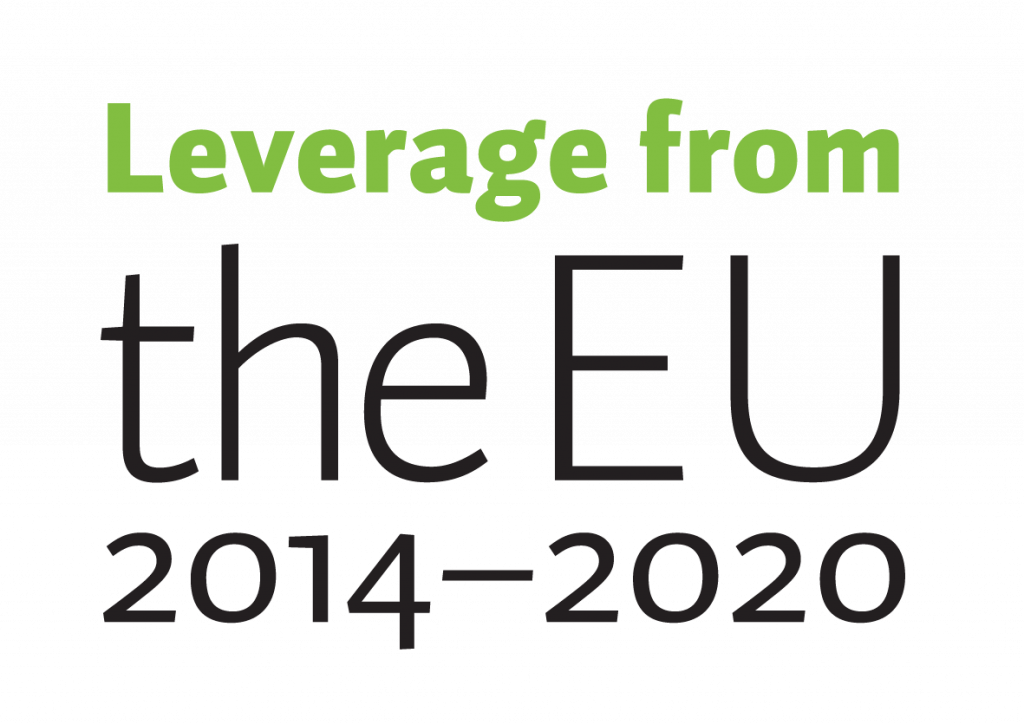The E3 project wants to harness modern science and technology to create effective countermeasures to prevent the spreading of novel infectious diseases. The aim is to have technical solutions already in place during the current pandemic and before the next pandemic emerges, there would be technological solutions available and installed in indoor environments mitigating the transmission of pathogens in spaces where people meet.
The project will primarily study the different pathways of pathogens and viruses, virus control and detection methods that can be used to find solutions to keep indoor air clean and safe in offices, public spaces, and vehicles. The main goal is to develop solutions that allow the various functions of society to continue uninterrupted and people to continue to move and live safely despite the epidemics and pandemics.
Controlling the spreading of pandemics, like Covid-19, requires a comprehensive approach to cover all relevant transmission routes. The diversity of countermeasures is key to fighting pandemics. Finding effective protection strategies towards pandemics, and infectious diseases in general, requires a multidisciplinary approach and close co-operation between different specialists, like medical doctors and engineers.
The budget for the E3 project is EUR 12 million and lasts for two and a half years. The project will discuss ways to prevent viral infectious diseases indoors so that society can be kept viable during pandemics. E3 is one of the largest collaboration projects of companies and research organizations ever launched in Finland.
The E3, Excellence in Pandemic Response and Enterprise Solutions Co-Innovation project is one of the largest joint projects between companies and research institutes ever funded by Business Finland.
The project involves 22 companies that represent a wide range of different sectors. Cleamix is participating the project among these companies and is taking part on the infection control development.
The seven research organizations involved in the development work of the project represent a high level of expertise globally. The research organizations are the Tampere University, VTT, the Finnish Meteorological Institute (FMI), Helsinki University, Finnish Institute of Health and Welfare (THL), Tampere University of Applied Sciences, the Finnish Institute of Occupational Health (TTL) and Helsinki University Hospital. Tamlink Ltd is the project coordinator and orchestrator.






